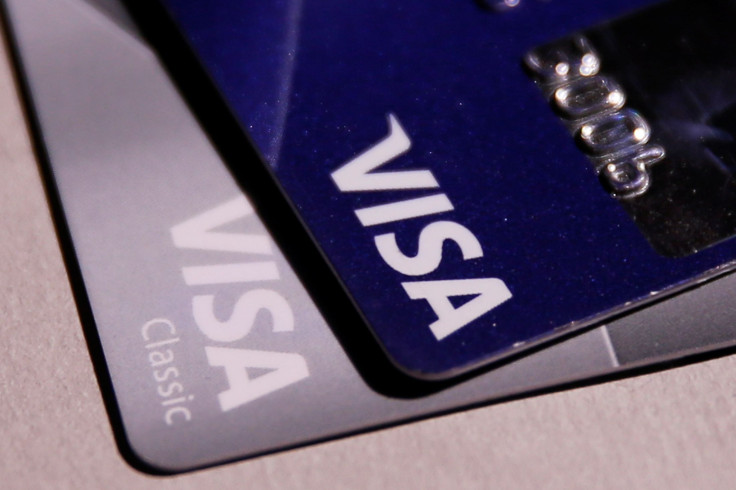How To Pay Off Your Credit Card: 5 Easy Steps To Get Out Of Debt

The typical credit card balance is $16,061, adding to the average American's total debt of more than $130,000. That's up from $88,000 in 2002, according to a NerdWallet report this week that tracked data from the Federal Reserve Bank of New York and the Census Bureau.
Relying on credit cards is expensive. The average credit-card interest rate is 18.76 percent, resulting in up to $1,292 in credit-card interest each year. As a result, "Americans are increasingly worse off every year," said Sean McQuay, Nerdwallet's credit card associate.
Want to start the new year off right? It's time to come up with a plan to pay off your credit card balance and lower your debt. Below are five easy steps to take toward financial freedom.
1. Pay off the card with the highest interest rate first while paying off the minimum blaance on all other cards, too. Once you’ve brought that card balance down, "roll all the money you were applying to [the highest-interest card] each month to the debt with the next-highest interest rate. And so goes the process until all the debt is eliminated," Scott Halliwell, a certified financial planner at USAA, a financial services company, told U.S. News & World Report.
2. Don't just pay the minimum. "Look at your credit card statement. See the payment information chart? It shows that if you pay only the minimum, you could be in debt for a long, long time," Bank of America warns its customers.
3. Stop paying credit card interest. Instead, find a card with a long "0 percent intro APR balance transfer" promotional offer, and put all your debt on it. "If you need more motivation, just think of this: on a $10,000 balance, $150 of a $200 monthly payment would get vacuumed up by interest charges. That leaves only $50 of your $200 that actually reduces your balance, the rest vanishing into bank pockets. That's just brutal," LendingTree.com advises.
4. Pay off the debt with a personal loan involving an extremely competitive interest rate, such as 4.25 percent. "With most marketplace lenders, you can check to see if you are approved without hurting your credit score. These lenders use a soft pull, so that people can comparison shop and find the best deal without fear of harming their score," Forbes recommends.
5. Come up with a budget. You can't pay off your debt if you don't have a plan. "We all have different forms of discipline," Carolyn McClanahan, a certified financial planner in Florida, told CNBC. Some people "need occasional victories to see the cards go away," she added.
© Copyright IBTimes 2024. All rights reserved.






















